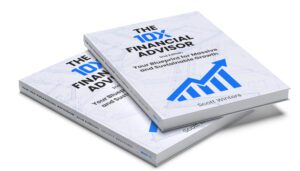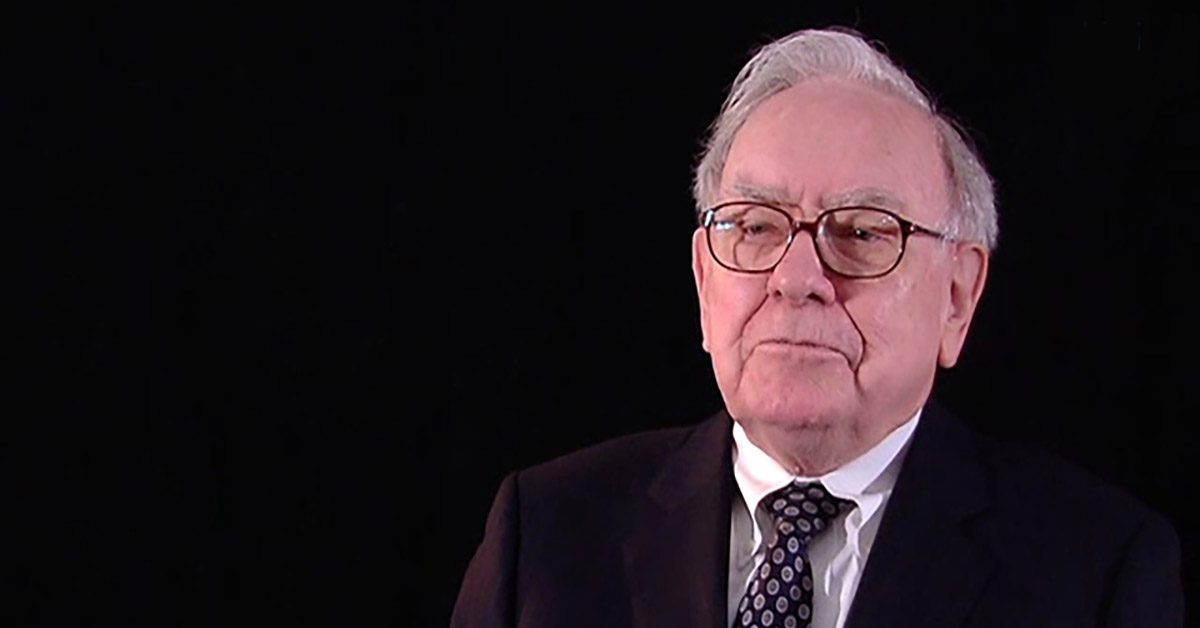Scalability isn’t a buzzword—it’s your ticket to freedom, value, and enterprise-level impact. And in case no one has told you recently: you can’t fake it. Not to your clients. Not to a buyer. And not to your future self.
As the parent of six, I’ve had my fair share of “systems design” experiments at home. One of my personal favorites was the infamous daily meal menu. Tired of hearing complaints and refereeing kitchen standoffs over whether we were having tacos or spaghetti or whether broccoli was “the worst food on Earth,” I implemented a meal plan written on a chalkboard that adorned my kitchen wall. Breakfast, lunch, and dinner were all predetermined. No discussion, no negotiations, just peace through planning.
For exactly 36 hours.
By day two, someone had added pizza to Tuesday breakfast, crossed out salad entirely, and inserted “mac n’ cheese or I riot” under dinner. It turns out that the system wasn’t the problem—the scalability of it was. It depended entirely on me enforcing the rules, managing updates, and pretending the fridge was a court of law. The takeaway? If a system can’t run without you, it’s not a system—it’s a dependency.
Too many advisors still build practices around themselves rather than building businesses that can scale. That may feel gratifying in the short term, but it turns into a liability when it’s time to grow or sell.
If every client insists on talking to you directly, if you customize everything for everyone, and if bringing on a new client increases your stress and reduces your profitability, then what you’ve built isn’t a business. It’s a treadmill.
Buyers see through this in a heartbeat. They’re not looking to buy a charismatic technician. They’re looking to buy a firm. A structure. A machine that runs well without you turning every crank.
Think of it like Shark Tank. The sharks don’t invest in hustle. They invest in systems.
Scalability isn’t about perfection—it’s about consistency. And it starts with being honest about where you are.
Are your client onboarding processes mapped out and automated? Do you have a service calendar that ensures every client receives value year-round, without requiring you to remember? Is your CRM doing the work of three assistants? Is your team empowered to make decisions, or do they check in with you on whether to use blue or black ink pens?
The truth is, building a scalable practice takes effort. But that effort pays off in every way that matters: less stress, more time, higher profitability, and eventually, if you choose to exit, a much bigger multiple.
And yes, it might mean changing your mindset. From “I can do it better” to “we can do it repeatably.” From being the quarterback to being the coach who builds the playbook.
Scalability changes everything. It makes growth feel exciting, not exhausting. It makes your business attractive to buyers, aggregators, and next-gen successors. And it frees you up to enjoy the success you’ve worked so hard to build.
When you scale well, you stop trading time for income. You start building something that grows while you sleep. Something you can hand off, cash out, or expand without burning out.
And best of all? You get to stop reinventing the wheel and start rolling.
There’s no faking scalability. But there’s also no ceiling on what it can unlock. Don’t wait for burnout or a valuation wake-up call to start taking systems seriously. Treat your business like the enterprise it is—or should be—and let that excellence do the heavy lifting.
Because the advisors who build scalable firms aren’t just more valuable, they’re also a lot happier.
And let’s be honest: that’s the kind of success worth duplicating.If you’re ready to stop trading time for revenue and start building a business that runs without you, it starts with scalable systems. Financial Gravity’s Turnkey Multi-Family Office Charter gives you the structure, automation, and expert support you need to grow with confidence—and exit with maximum value. Book a call today and turn scalability into your firm’s biggest asset.




















